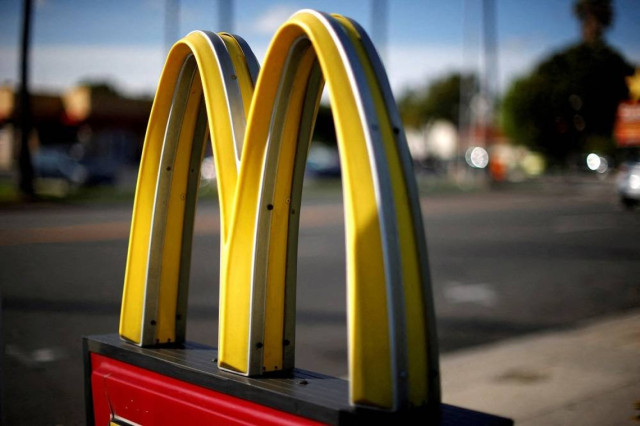McDonald's reported a surprise decline in global sales in the second quarter, its first drop in 13 quarters, as budget-conscious consumers shied away from higher-priced menu items like the Big Mac.
Persistent inflation has led lower-income consumers to shift to more affordable options at home, prompting fast food chains to focus on value meals to drive customer traffic.
Despite the soft performance, McDonald's executives expressed optimism about the second half of the year, citing the success of a $5 meal deal launched in late June.
The company also said it would be more selective with price increases to protect profitability.
"Even though things (traffic) are soft now, they should be getting better in the back half of the year ... with better value on the menu," said Brian Mulberry, client portfolio manager at Zacks Investment Management.
Global comparable sales fell 1% in the second quarter, compared with expectations of a 0.5% increase. Overall revenue rose 1%.
CEO Chris Kempczinski said there is a lot more deal-thinking from consumers who have become "very discriminating".
"Consumer sentiment in most of our major markets remains low," he said.
McDonald's results dovetail with comments last week from Coca-Cola CEO James Quincey, who said there had been "some softness in away-from-home channels" in North America, an indication of fewer people eating out.
"The biggest hit for McDonald's is the low-income consumer has really cut back on visits and that is more than offsetting the typical trade down McD normally sees in tougher economic times," said Edward Jones analyst Brian Yarbrough.
US comparable sales fell 0.7% in the quarter ended June 30, compared with a 10.3% jump a year ago. Sales in international markets, which made up nearly half its 2023 revenue, dropped 1.1%, driven by weakness in France.
A slower-than-expected recovery in China and the Middle East conflict hurt the performance of McDonald's business segment where restaurants are operated by its local partners, as sales declined 1.3% compared with a 14% jump a year earlier.
Companies like McDonald's and Starbucks have also suffered from consumer boycotts linked to the Gaza war, which hit their sales in the Middle East markets.
McDonald's, however, stuck to its capital expenditure budget of up to $2.7 billion, with more than half of that earmarked for new restaurants in the US and international markets.
It earned $2.97 per share on an adjusted basis in the second quarter, missing expectations of $3.07.




















